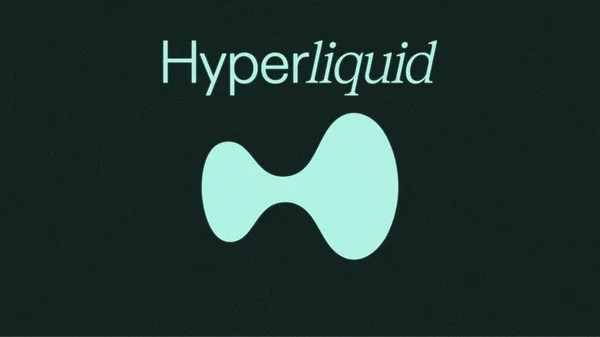The Economic Policy Committee (Copom) of the Central Bank (BC) announces this Wednesday (1st) the first decision of the year on the Selic, the basic interest rate of the Brazilian economy.
It is a consensus among economists that the monetary authority should keep the Selic at the same 13.75% it has been since August last year. It is the highest rate since 2016.
There is, however, a worsening of market agents’ expectations for future inflation, as the government of Luiz Inácio Lula da Silva advances with an agenda that signals higher spending, and this should begin to appear in the BC’s comments on the future of the Selic.
“We have activity that has shown signs of slowing down, the international scenario is also a little better for the Copom”, said the chief economist at Western Asset, Adauto Lima, citing the loss of strength of global inflation after record highs in several countries and a wave of interest rate hikes in the world’s main economies.
This, on the one hand, he explains, gives relief to Brazilian interest rates. “But, due to several factors, we have expectations for longer inflation [no Brasil] starting to move further away from the target, and the Copom should include this in its risk balance”, added Lima.
Western’s projection, which, until the end of last year, spoke of a Selic close to 11% at the end of 2023, was revised to 12.25%. “The fall [dos juros] it should only start to happen towards the end of the year”, said Lima.
According to the Boletim Focus, a weekly BC report that tracks market expectations for the main economic indicators, inflation projections have been rising in recent weeks for every year until 2026, the longest date captured by the survey.
For 2024 and 2025, years in which the inflation target will be 3% and which contemplate the “relevant horizon” which the BC is looking at when deciding the interest rate now, the market projections for the Extended Consumer Price Index (IPCA) rose to 3.90% and 3.50%, respectively, in the last two weeks.
For 2023, also on the rise, the average market projection is for an IPCA at 5.7% at the end of the year, which means that, for the third consecutive year, inflation should disrespect both the center and the ceiling of the target that the BC should comply.
For 2023, the inflation target is 3.25%, with a tolerance between 1.75% and 4.75%.
“The combination of a more expansionary fiscal policy and the risk of changes in monetary policy ended up leading to this increase in market projections, especially for 2024, and we know that this has an impact on current monetary policy”, said the chief economist at the Inter, Rafaela Vitoria. “In practice, this means higher Selic for longer.”
Inter works with a 12% Selic at the end of 2023, while it increased its projection for the IPCA from 5.1% to 5.4% at the end of the year.
Among the episodes mentioned by economists for the increase in tensions, are the successive movements to increase spending since last year, with the PEC of Benefits, in July, and the PEC of Transition, which expanded the 2023 Budget for the Lula government at the beginning of the year.
More recently, Lula precipitated the concerns of investors and financial market analysts by criticizing the country’s current targets for inflation, which, in his view, would be too low.
“The Copom (…) should toughen the terms to give more emphasis to the risks of high inflation from the fiscal point of view and the uncertainties created by government authorities in relation to monetary policy”, said Credit Suisse in a report to clients, citing the “indications that it may increase the inflation target” and the questions raised by the president “about the benefits of an autonomous central bank”.
In a report to its clients, XP’s economic team, which also believes in maintaining the Selic at 13.75% this Wednesday, highlighted the contrast between the most favorable current inflation and the more pressured expectations for prices in the future.
“Global disinflation and the slowdown of the domestic economy should keep consumer inflation on a downward path”, says the report, signed by XP’s chief economist, Caio Megale, and by economist Tatiana Nogueira.
“However, the fiscal expansion signaled by the recently approved constitutional amendment is already putting pressure on inflation expectations, increasing the challenge for monetary policy. We expect the Copom to reinforce this risk in its official communication this week.”
Source: CNN Brasil
I am an experienced journalist, writer, and editor with a passion for finance and business news. I have been working in the journalism field for over 6 years, covering a variety of topics from finance to technology. As an author at World Stock Market, I specialize in finance business-related topics.







